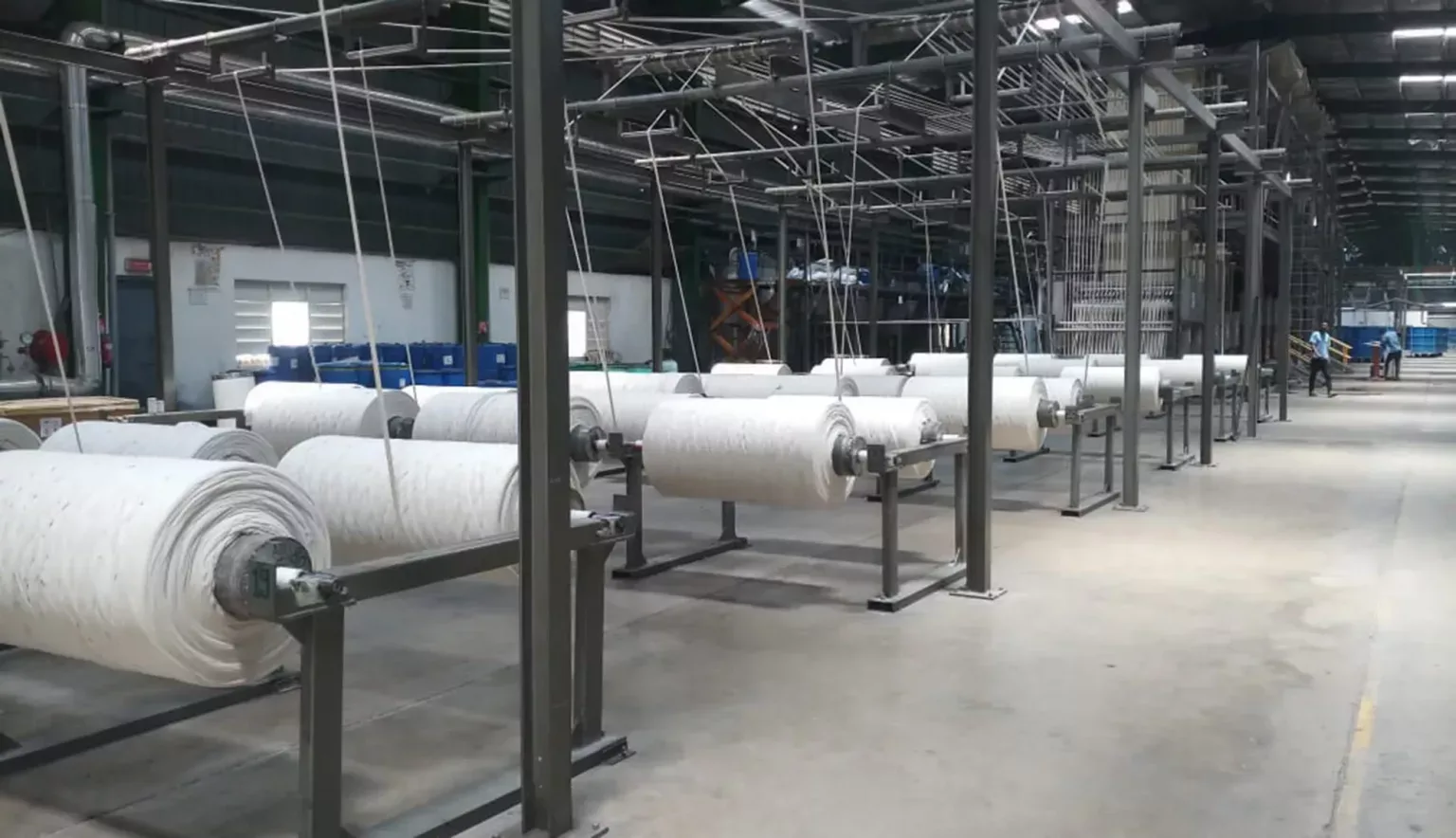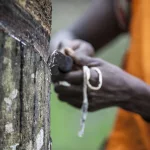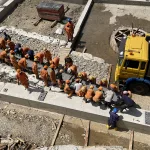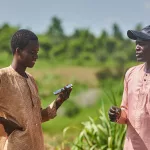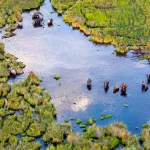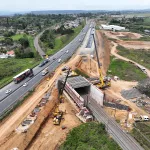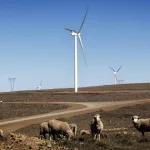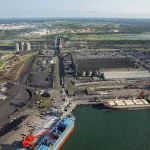Leveraging state-of-the-art facilities to sustainably manufacture over 12 million metres of denim each year, Kanoria Africa Textile PLC is driving diversification across Ethiopia.
THE TEXTILE TRANSFORMER
Ethiopia is distinctly an emerging nation on the rise. Home to one of the world’s fastest growing economies, it is renowned as one of the seven largest and most natural resource rich countries in Africa. Coupling these prospects with a growing population of almost 90 million people, Ethiopia embodies a buoyant, bullish aura.
Nonetheless, agricultural remains the country’s primary source of income, accounting for roughly 85 percent of employment. Yet the aforementioned conditions equally provide ideal grounds for the nation’s expanding textiles industry.
“The opportunities for us are vast,” explains Ashish Agrawal, Group CEO of Kanoria Africa Textile PLC (KAT), a company that produces more than 12 million metres of denim per annum.
“Whether it’s the presence of a highly motivated young workforce, sustainable cotton cultivation, the availability of hydroelectricity at competitive costs or duty-free benefits applying to trade with the US and Europe, Ethiopia is truly an exciting country for us to be operating in.”
THE SOCIOECONOMIC IDEA
A subsidiary of Indian-based company Kanoria Chemicals, KAT was established in 2012, with its commercial production operations having begun in July 2016.
This four-year period in between saw the firm constructing its state-of-the-art plant in Addis Ababa – the world’s first green denim manufacturing facility, and the first eco-friendly integrated denim plant in East Africa.
“We’re proud to be using unique, advanced water treatment technologies from Arvind Envisol that allows 90 percent of our wastewater to be condensed and recycled,” explains Agrawal. “Even after this, the remaining 10 percent is then processed, either evaporating or being converted into salts.”
Wastewater is not the only innovative feature of KAT’s plant, however.
The facility also houses zero solid waste disposal capabilities, converting any solid discharge into crystals that are then supplied to the cement industry and leather tanneries. Further, the firm’s seven new-generation electric boilers each run on hydropower, making the entire plant pollution free.
As such, the company has been recognised by a number of leading global brands such as Zara, H&M, Wallmart, Otto Group and others.
“Our dream is to promote the continent’s textile and apparel industry, and our vision for doing this is to empower the people of Africa with sustainable growth, protect the environment and enhance cotton production, all while creating employment opportunities,” states Agrawal, eluding to the Group’s overriding commitments and philosophies.
This in mind, corporate social responsibility is not a side note for KAT. Rather, it forms the foundations that the company is built upon.
“The whole idea of our company is socio-economic,” Agrawal states. “We run year-round training and welfare activities for our employees who are eager to learn, equally focusing heavily on female empowerment with women accounting for up to 70 percent of our workforce.”
The firm’s hiring strategy is largely centred around the idea of opportunity, evidenced by the regular recruitment of textile graduate trainees from Bahirdhar University, providing young people with tailored programmes to help become future global managers within the Kanoria Group.
“In terms of more traditional CSR activities, we provide free transportation and food to our employees, and supply two nearby villages with drinking water,” adds Agrawal. “We also work closely with local cotton farmers, helping to uphold local communities in other ways.”
DRIVING DIVERSIFICATION
An innovative, progressive model, KAT is not only reaping the rewards itself, but equally is helping to highlight Ethiopia as one of Africa’s up and coming textiles hubs.
“The rise of this industry has been wonderful for the country,” reveals Agrawal. “We’ve seen genuine investors from India, Sri Lanka, Indonesia, China, Bangladesh and many other nations turn their attentions to East Africa, and we’re proud to play a part in facilitating this.”
The government has likewise embraced its own role in enabling change, highlighted when the Prime Minister of Ethiopia was present at the inauguration of KAT’s plant in October 2015.
“The government is clear in its vision. It has set the direction and is very supportive of these investors,” continues the Chief Exec. “We owe a lot to our proactive and focussed government. They are a key reason why global brands today are looking at Ethiopia as the next key sourcing destination.”
In every sense, the stage of economic diversification is set for Ethiopia, and the textiles industry is undoubtedly going to be crucial within this transition.
This in mind, Agrawal himself is confident that KAT will prosper moving forward, cementing its status as not only a key national industry player, but a global one too.
“Our target is to be the best denim manufacturer in the world as far as social and environmental sustainability goes,” he states, summarising the company’s broad, long-term goals.
“We would like to be completely vertically integrated, from yarn to garment and fabric supply to material exportation. We’ve already gotten a flavour for the potential, and see a good future for both ourselves and the wider textiles industry in Ethiopia.”

